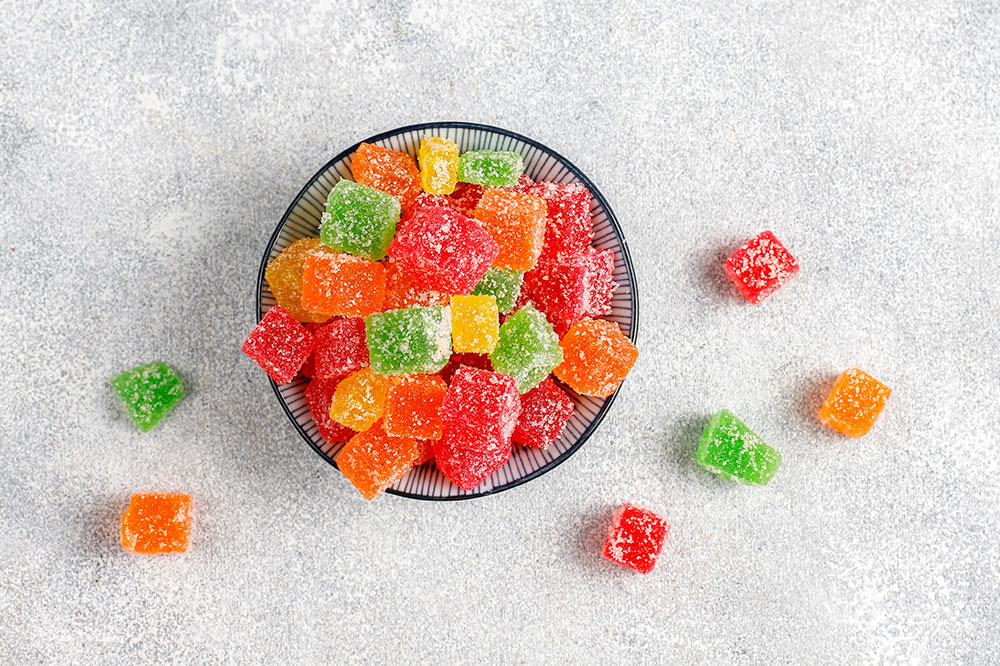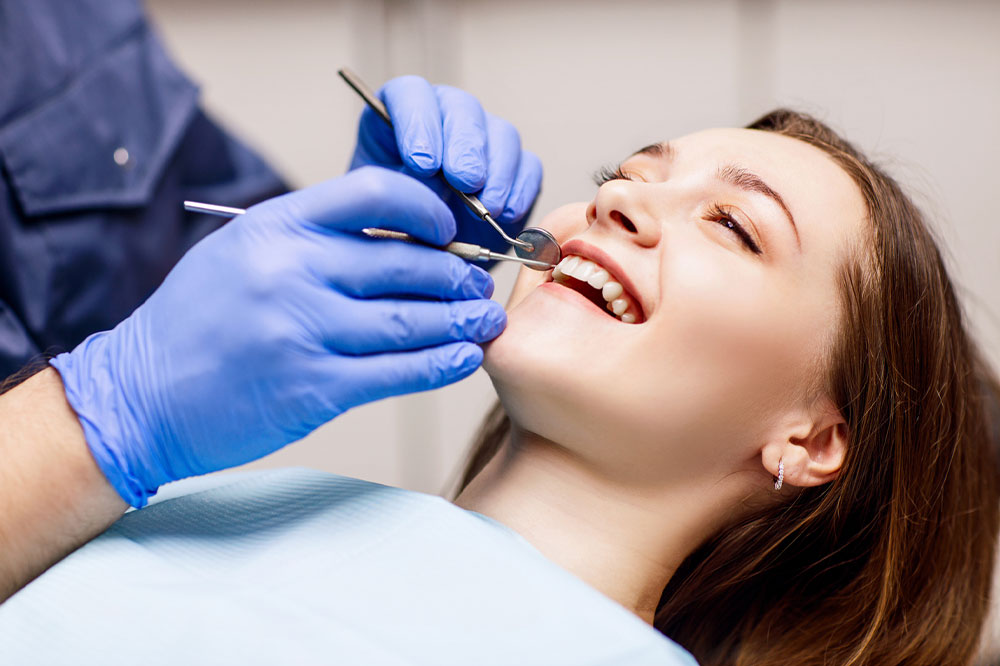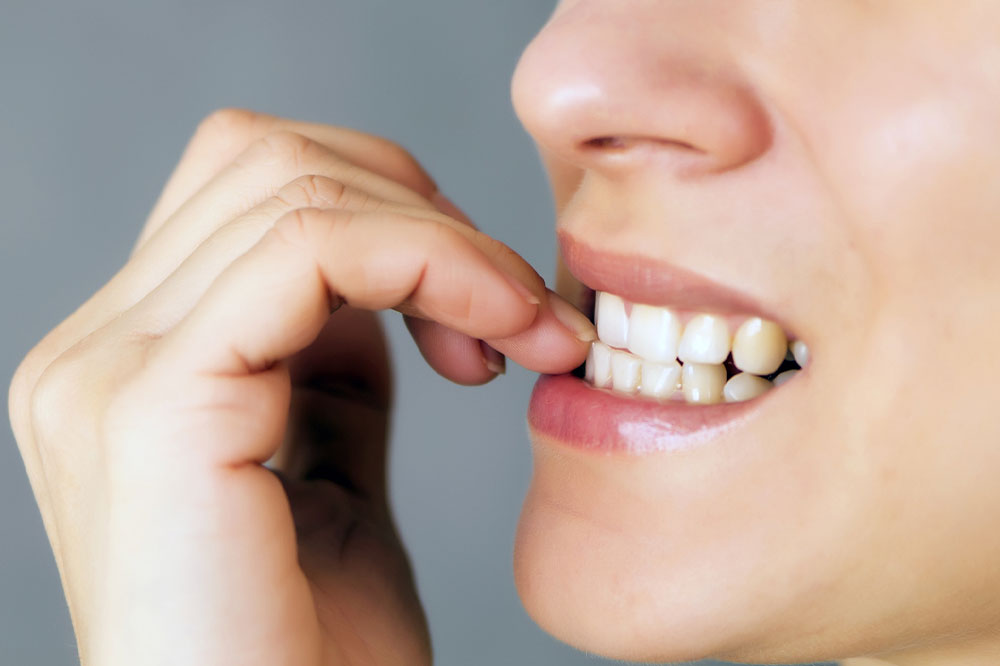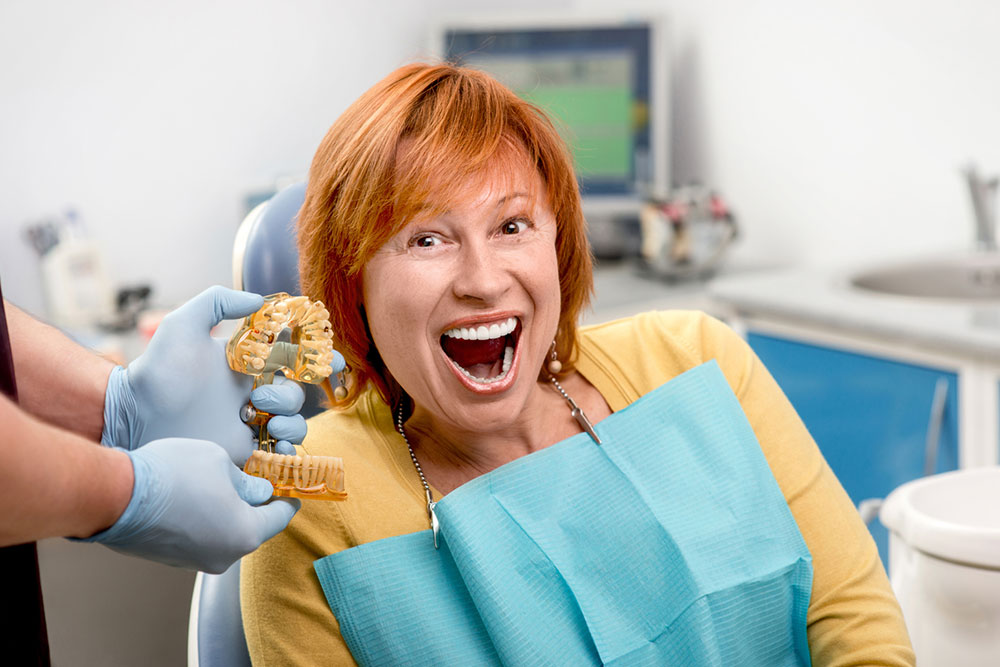Common Foods that Cause Tooth Decay

Certain foods have a significant impact on teeth and gums. Some foods promote healthy gums, while others cause plaque buildup. Plaque is a sticky film of bacteria that can cause tooth decay and enamel erosion and lead to the development of cavities. This causes several complications, such as pain, chewing problems, and tooth abscesses. Here are the top foods that can hamper oral health and must be avoided at all costs.
Sour candies
It’s no surprise that candies cause tooth damage. However, sour candies contain several different acids that adversely affect your teeth. They are also chewy and sticky, which means they stay around in your mouth for a longer period, causing more damage. If you are keen on having something sweet, opt for a softer piece of chocolate that you can chew and ingest quickly and wash off any remnants from your mouth.
Bread
Refined carbohydrates such as white bread and white rice can worsen oral health. When we chew on these starches, the saliva converts them into sugar, which can get stuck between the teeth and cause cavities. If you’re looking for carbohydrates, opt for whole wheat bread, as they typically contain fewer added sugars.
Carbonated beverages
Sugary, carbonated drinks like soda and sports beverages have several negative effects on one’s health, such as cardiovascular disease, insulin resistance, and more.







